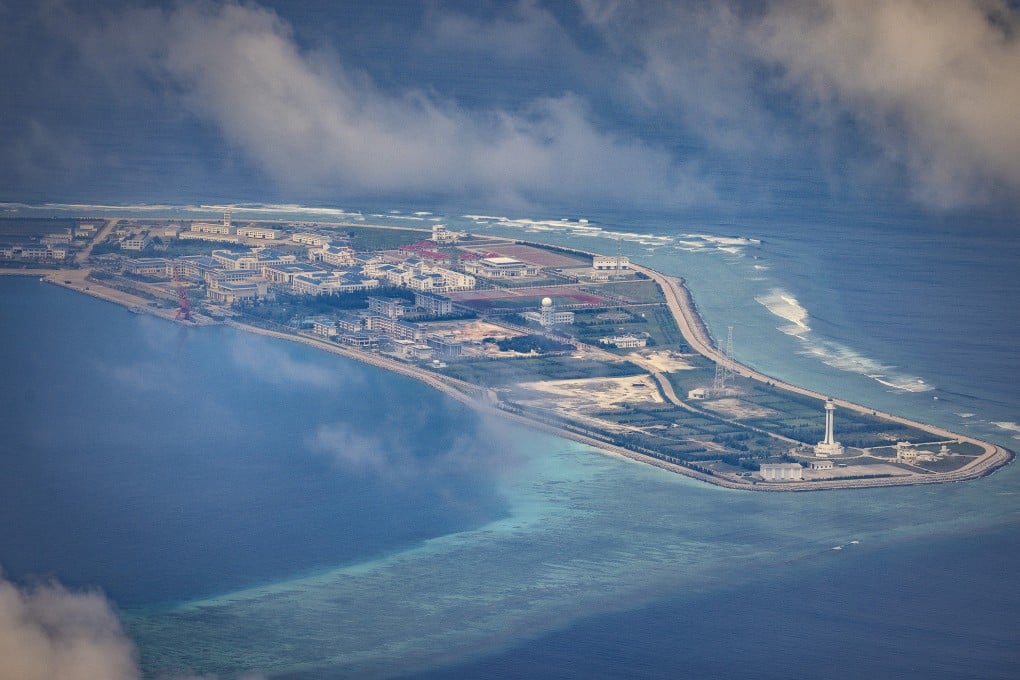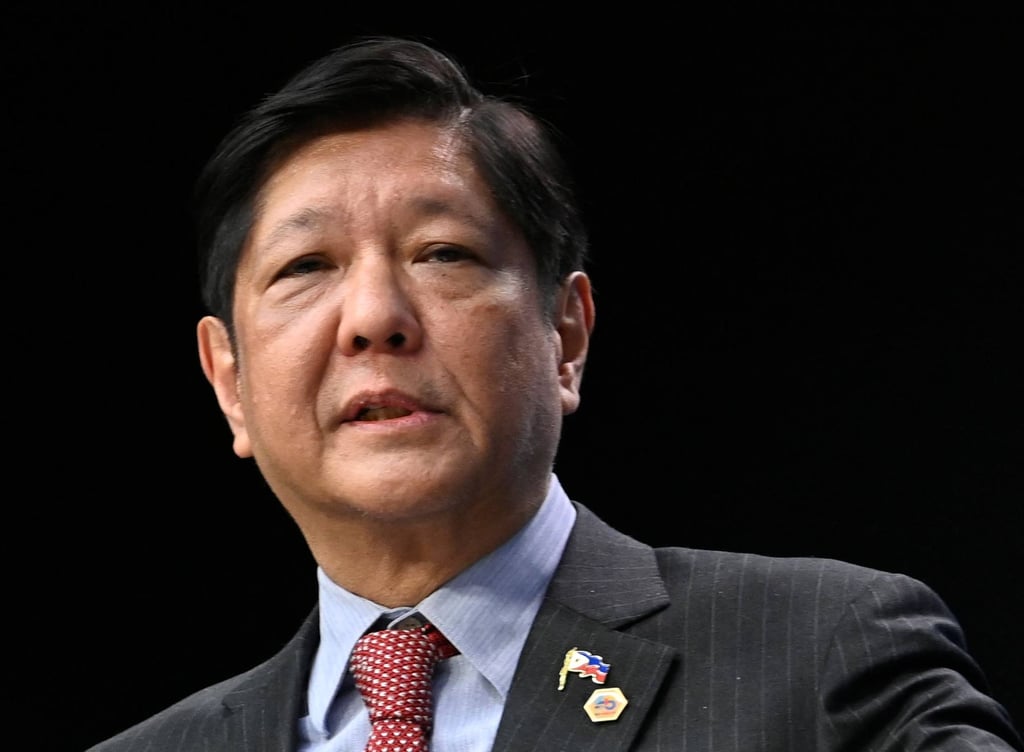Opinion | Philippines’ Marcos heads to Beijing with trade, investment and maritime issues on his mind
- Philippine leader will seek trade, investment and infrastructure deals, renew talks on joint offshore energy development
- Thorny maritime issues on the agenda for Ferdinand Marcos Jnr’s first state visit to major power, amid renewed tensions in South China Sea

The trip will mark a series of firsts for the Philippine president – he will be the first foreign leader Beijing will host this year, and it will be his first state visit to a major power.

Manila is verifying recent reports of construction activities in hitherto unoccupied features in the Spratlys and protested against the heavy presence of Chinese vessels in its exclusive economic zone as it steps up its own maritime patrols.
Marcos Jnr has previously said the territorial and maritime row does not define Philippines-China relations and that he wants to shift bilateral ties to a higher gear. The visit is an opportunity for both sides to discuss areas of cooperation and differences.
A venue to handle disputes over the West Philippine Sea, probably similar to the vice-ministerial level Bilateral Consultative Mechanism during the previous Duterte government, may be set up. The two sides can also renew hotline communications and regular security talks. This can help ensure that wrangling over reefs, rocks, and waters in the contested sea will not affect overall ties.

